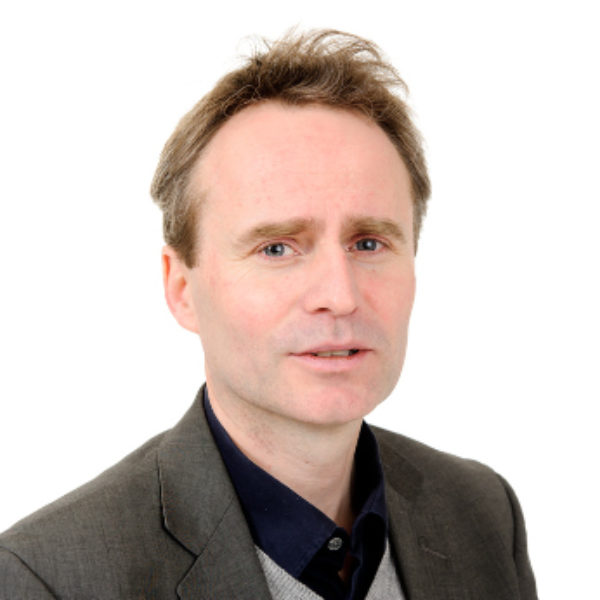This research draws upon a general theoretical interest in organisation outside of organisations paired with an ambition to better understand the formation of criminal organising or cooperation. While organisational theory has a lot to say about formal organisation, it is less informed about organising as a process, and it has very little to say about organisation outside of organisations. The project gains theoretical leverage from the growing fields of complex systems and network science, which provide insights into the abstract principles and measurement of organising dynamics. The aim is to formulate a model that can explain degrees of organising as an endogenous process in which the prime mover is previous criminal actions and criminal collaboration between criminals. The emergence of so-called street gangs is a case in point, and an extended aim of the project is to suggest crime prevention aimed at interrupting and disturbing such processes. The project takes a relational approach in which the core assumption is that the dynamics of criminal activity and criminal organising arise from the inter-connection of criminals.

